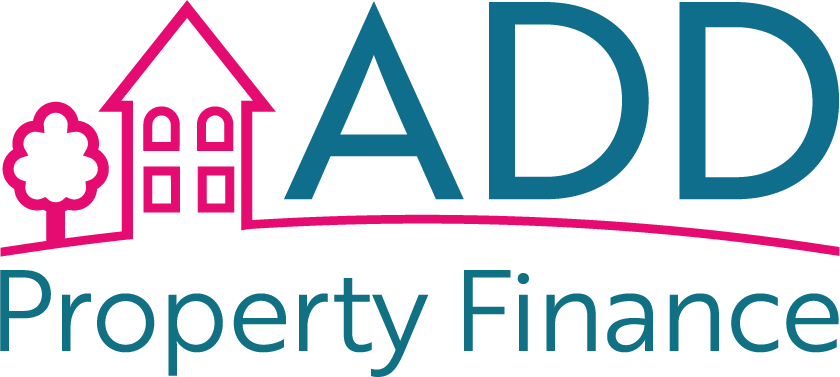The successful completion of a property development project is a significant achievement, but it’s only one step in a property developer’s or investor’s journey. Once the project concludes, it’s crucial to have a well-thought-out exit strategy in place. In this article, we’ll explore various exit strategies that property developers and investors can consider to ensure a smooth transition from one project to the next.
1. Sale of the Developed Property
One of the most common exit strategies for property developers is to sell the developed property. This can provide a substantial return on investment and free up capital for future projects. Timing is crucial when using this strategy, as property market conditions can significantly impact the selling price.
2. Refinancing the Property
Property developers and investors may choose to refinance the developed property. This involves taking out a new loan to pay off the existing development finance. Refinancing can offer several benefits, including lower interest rates, extended repayment terms, and improved cash flow.
3. Renting or Leasing the Property
Another viable exit strategy is to rent or lease the developed property. This generates a consistent stream of income, providing financial stability while allowing the property to appreciate in value over time. Residential and commercial properties can both be suitable for this strategy.
4. Partial Sale or Equity Release
Property developers can also consider a partial sale or equity release. This involves selling a portion of the property or its equity while retaining ownership of the rest. It’s a way to access capital without relinquishing full control of the property.
5. Development of a Property Portfolio
For long-term investors, building a property portfolio can be a compelling exit strategy. This involves acquiring multiple properties over time, diversifying your investment and income streams. Property portfolios can provide steady cash flow and appreciate in value over the years.
6. 1031 Exchange (UK Equivalent: Section 198 Election)
In the UK, the equivalent of the U.S. 1031 exchange is the Section 198 election. This allows investors to defer capital gains tax by reinvesting the proceeds from the sale of a property into another qualifying property. It’s a tax-efficient way to transition from one investment to another.
7. Passing on to Heirs
Estate planning can also be an exit strategy. Property developers and investors may choose to pass their property assets on to heirs, providing for their family’s financial future. Careful estate planning is essential to minimise inheritance tax liabilities.
8. Debt Paydown and Ownership
Some property developers and investors opt to continue ownership by paying down the debt on the property. As the loan balance decreases, the equity in the property grows. This strategy can provide financial security in the long term.
9. Joint Ventures or Partnerships
Collaborating with other investors through joint ventures or partnerships can offer exit opportunities. You can sell your share of the property to your partners or bring in new investors to take over your position.
10. Donating to Charity
For philanthropic property developers and investors, donating a property to charity can be a fulfilling exit strategy. This can lead to potential tax benefits while supporting a charitable cause.
Conclusion
Planning your exit strategy is as crucial as planning your property development project. Each strategy has its advantages and considerations, and the right choice depends on your financial goals, risk tolerance, and market conditions. It’s advisable to work closely with financial advisers and tax professionals to determine the most suitable exit strategy for your specific situation. With proper planning, you can smoothly transition from one property development project to the next, maximising your returns and achieving your investment objectives.







